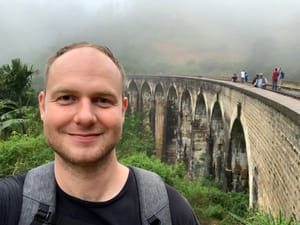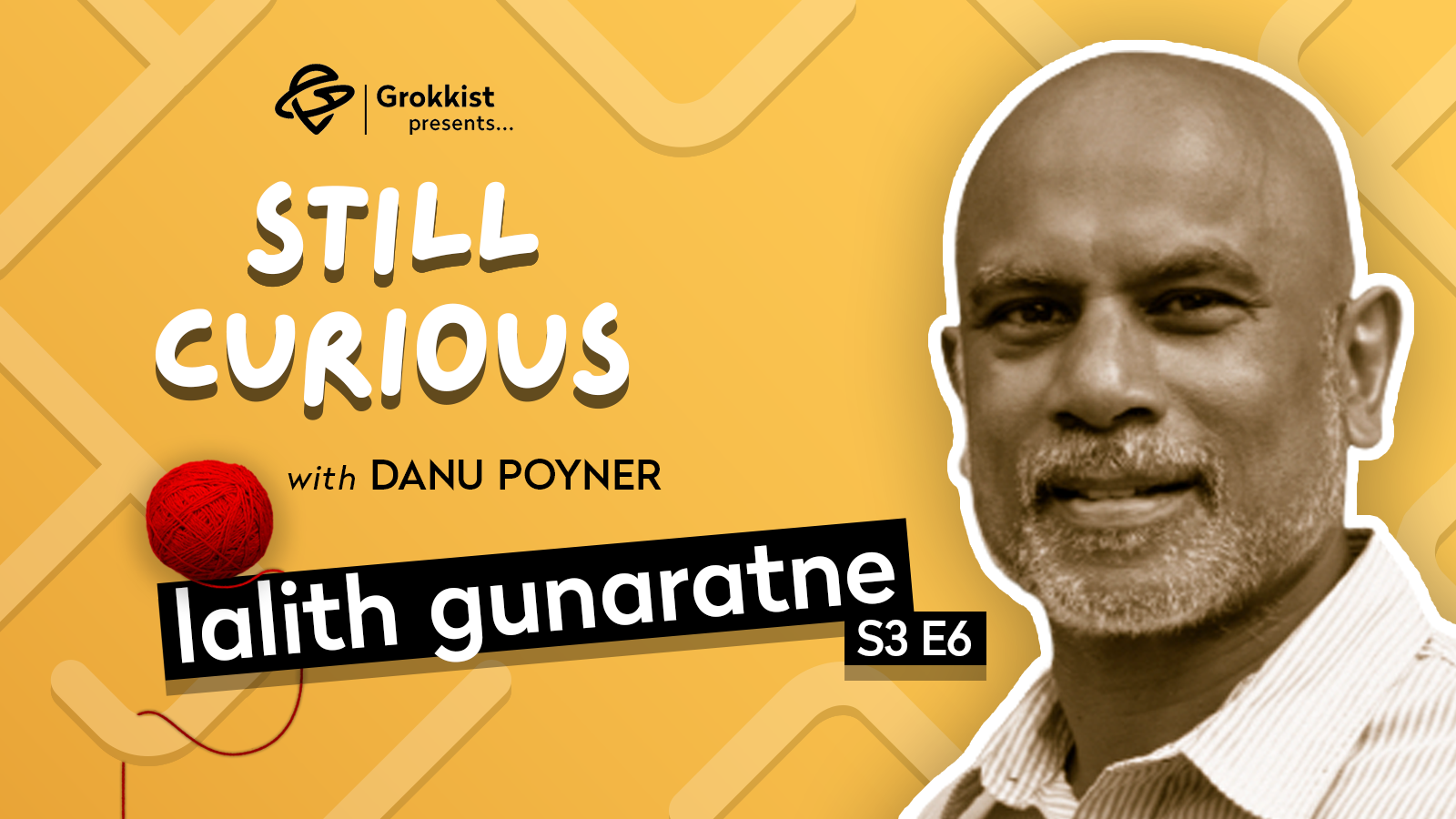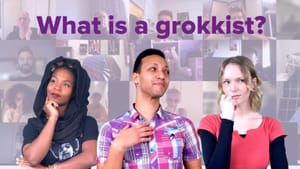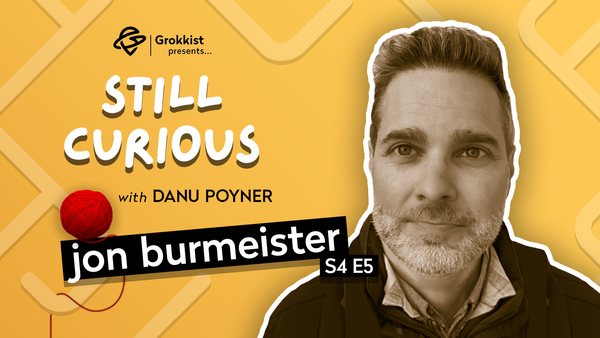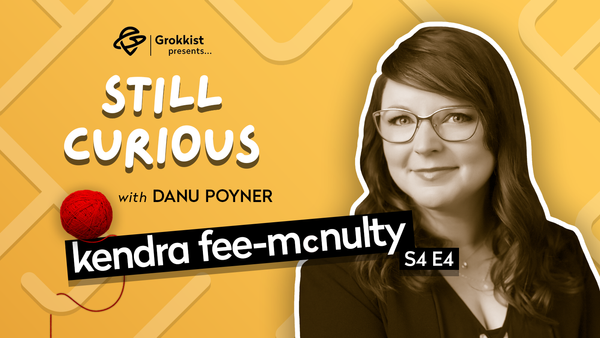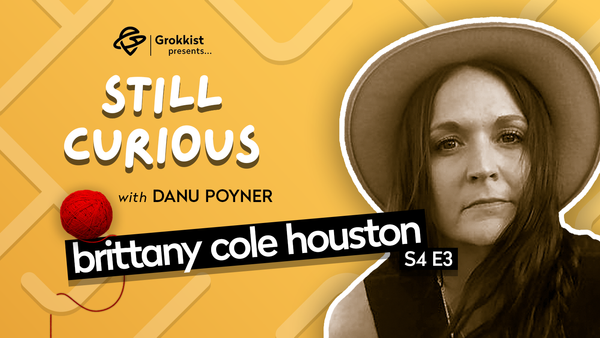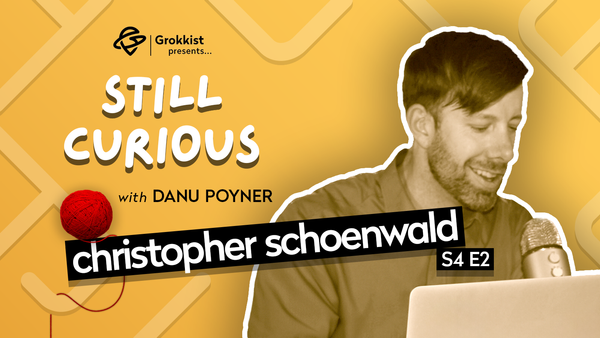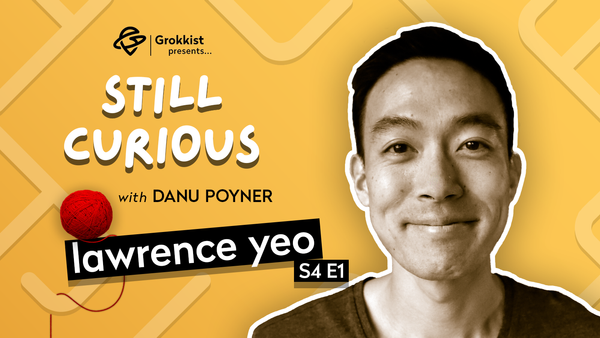Listen Now
About the Episode
Key Topics
- Lalith's mindfulness journey and the benefits of being present and letting go of attachment
- Challenges faced by Lalith as an ethical entrepreneur in the renewable energy sector and his transition to training and facilitation around equity, diversity, and inclusion
- Creating a safe space for conversations through nonviolent communication and mindfulness practices
- The importance of personal and professional integrity, learning, and taking responsibility for oneself in creating a harmonious and understanding world
Recorded 7 February 2023
Episode Digest
If you're not aware of your breath, you're not really aware of your body. When you're not aware of your body, we treat it like an object. So if I get a headache, I cut the headache off by taking a pill, I don't address the root cause.
In this part of the world, even mindfulness is brought in a very reductionist way. What you're doing is you're then feeding into the same framework of how the world operates in this whole left-brain objective-oriented world.
The mindfulness practice at the core is totally antithetical. It's about non-self. It's about eventually realising that there's no self. Do I need to really buy that new car? Do I have to work in this place? Do I need to earn this much money? How much is enough for me? When does my need move over to the want?
My guest today is Lalith Gunaratne, who is a parent, entrepreneur and educator on mindful leadership, ethics, values and sustainable organisations.
Lalith was born into a Buddhist background in Sri Lanka, among a Catholic neighbourhood. He became aware of the practice of mindfulness at age 12, when he was introduced to meditation by a Buddhist monk. As a teenager, he moved with his family to Canada where, at first, he was enamoured by the material world, but soon encountered the difficulties of being one of the few people of colour in his school, where he was often subjected to racist slurs and discrimination. Lalith was able to find strength and solace in his mindfulness practice, which he used to ground himself and stay present in the moment.
In today’s discussion, Lalith shares his fascinating and affecting mindfulness journey and how it has informed his approach to life and business.
I guess one of the things that I've always lived with, again, going back to that whole uncertainty and impermanence of life, is not to have a grand plan. So I never set goals in my life. Everything evolved by living well now and doing well now in the present time.
Lalith set himself the conscious goal of daring to live a life of personal and professional integrity, which, as you can imagine, has taken him on many surprising adventures.
Trained in engineering technology, he shares his experiences as an entrepreneur and how he has integrated mindfulness into his business ventures. He shares his story of starting a solar energy business in Sri Lanka during a time of civil war, and the challenges presented by his commitment to ethical business practices and customer service.
He also discusses his move into training and facilitating, the importance of acknowledging one's unconscious biases and prejudices, and his thoughts on creating a safe space for conversations around equity, diversity, and inclusion.
I'm always ambivalent when programs like CSR and all of them get brought in – it becomes a ticking of the box kind of exercise.
I'm not the kind of person they're expecting. When they hear my name, they think I'm a woman. But now I've seen more and more men are coming because I think more and more men are feeling their pain and they're admitting that they need some help too.
Today’s conversation is all about taking responsibility for oneself, being present in the moment, and letting go of attachment to material possessions and negative emotions.
Lalith believes that through mindfulness practices and nonviolent communication, we can break down barriers and create a more harmonious and understanding world.
To me, leading with curiosity and ethical imagination in this way is a fine example of what it means to be a grokkist. It’s about consciously cultivating a possibility space that allows us to change our practice in response to what we learn about the world and each other.
I really love the philosophy of the grokkist in terms of learning and inquiring. I'm almost 64 years old and I'm surprised every day I'm learning something new.
It humbles me and some of it confirms, some of it surprises me and says, whoa, okay, I gotta learn something different. I gotta take a different path. I gotta behave a little differently now with this new learning.
There’s a lot to digest here, and I’m grateful to Lalith for his time and graciousness in inviting us to spend some time inside his world.
Links and resources
- Lalith's mindfulness training for leaders - Sage Ontario for Mindful Leadership
- Lalith's article on why parenting is our most important work
- The story of Lalith's pioneering solar energy business in Sri Lanka and what his entrepreneurship experience taught him about how the world works
- Connect with Lalith on LinkedIn

